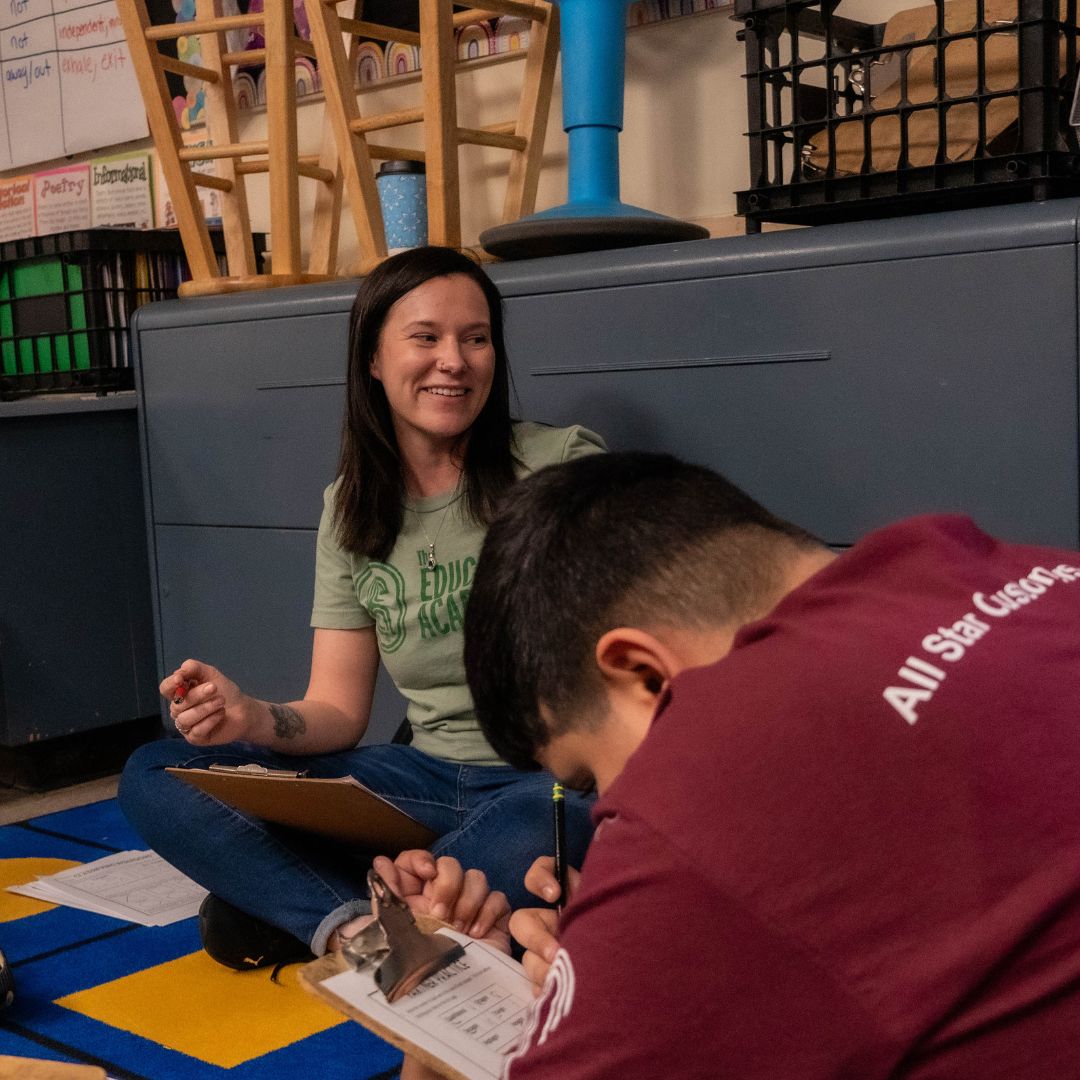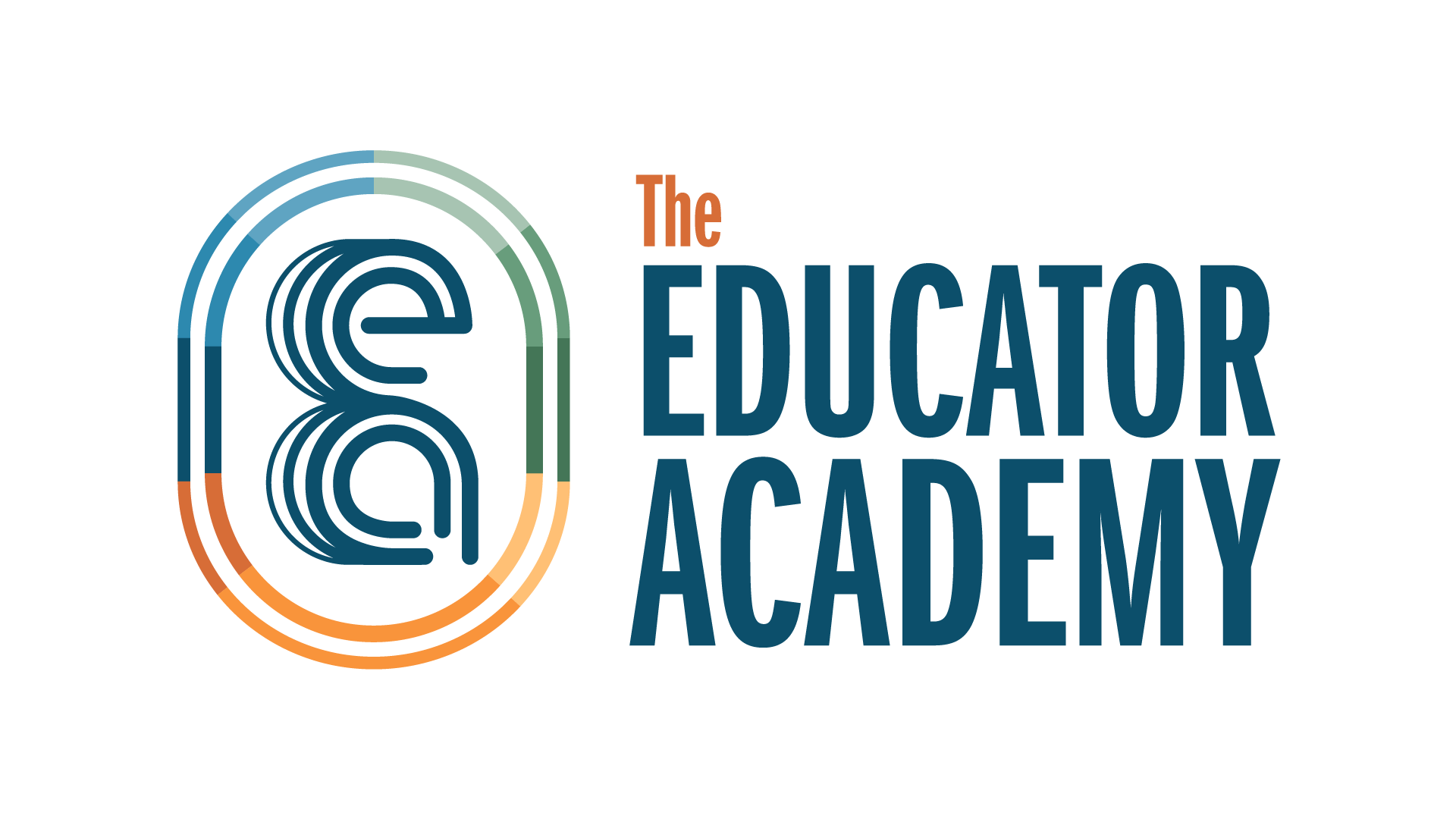
In Kansas, like all other states in the US, educators must have a license to teach at the K-12 level. Many states refer to this as “teacher certification.” In Kansas, the Department of Education (KSDE) calls this process “teacher licensure.” This guide will outline the step-by-step process of earning teacher licensure in Kansas. It will also explain what KSDE licensure is and why it is important.
What is teacher licensure?
Before discussing how to become a KSDE-licensed teacher, let’s discuss what teacher licensure is. Teacher licensure is a license that proves that you have completed KSDE’s requirements to be a teacher in Kansas. Like other professions, such as law, accounting, engineering, or medicine, you must take classes, demonstrate skills, and pass exams to prove you are ready to take on a role as a teacher. A teaching license demonstrates to an employer or school that you are prepared to teach and lead a classroom.
A note about names
Every state in the U.S. issues its unique teaching license, usually called a “certificate” or “certification.” Kansas issues a teaching “license” through a “licensure” process, but the processes and documents are effectively the same. While each state has its own set of rules and regulations for earning certification or licensure, most states allow teachers to apply for and receive licensure if they hold a valid certificate in another state. This process is called reciprocity.
KSDE Licensure types
Teacher licensure is specific, not only to states but also to grade levels and content areas. For example, in Kansas, a teacher or educator teaching 8th-grade science at Arrowhead Middle School in Kansas City, Kansas, needs to hold a Middle School Science license, while a first-grade teacher at Roesland Elementary in Roeland Park must hold an Elementary license. Teachers can hold KSDE licensure in multiple areas at the same time. Adding endorsements to an existing license is a much simpler process than earning an initial license. For most license and content areas, it simply requires the passing of a content assessment.s
It should be noted that not all license areas can be added in this way. Special education, elementary, and early childhood education can only be added through completing a teaching program. This is a process we’ll discuss in depth below. An initial KSDE license expires after two years and must be upgraded or renewed. An upgraded “professional” KSDE license must be renewed every five years.
Why should you consider pursuing KSDE licensure?
Earning teacher licensure in Kansas takes a significant amount of time, effort, and, in some cases, money. So why would someone want to get licensed?
The answer is simple: holding a teaching license is a requirement to be considered for nearly any full-time teaching position. School districts do not even interview an applicant for a vacant teaching post unless that person holds a license. There are many valid reasons for this. First, teacher licensure is evidence that an applicant has completed classes and coursework focused on effective teaching practices, as well as a practicum (student teaching) experience. A license also proves that you have exams focused on a combination of academic content and teaching methods.
However, the training and development that comes before licensure is just as important as the license itself. Below, we’ll outline some of the different options that a future teacher has, but the headline is that getting licensed ensures that you know how to do the job well, which is, critically, what kids deserve. While a license is merely proof you’ve completed the work and learning to start teaching, the work and learning matters.
Okay, but how do I earn KSDE licensure and become a teacher?
To get licensed in the State of Kansas, you must enroll in and complete a program of study with an Educator Preparation Program, or EPP. An EPP will help guide you through completing the requirements for certification. These include completing a practicum or clinical experience and passing the necessary content exams. Most individuals lean on their EPP to help guide them through the process, because these steps are complicated. The Kansas Department of Education maintains a list of Educator Preparation Programs that offer licensure on its website.
EPPs roughly fall into two categories: traditional route, or alternative route. Below, we’ll provide a breakdown of these two categories and some of the pros and cons of each.
Routes and EPPs
Much like in Missouri, individuals pursuing licensure in Kansas must first decide between a traditional route or an alternative route.
Traditional Routes
Kansas has more limited options for alternative routes, and this post will focus mostly on those. If you want more information about traditional routes for licensure in Kansas, consult KSDE’s list of options, and refer back to the section on traditional routes in our post on How to Become a Certified Teacher. As a reminder, traditional routes to teacher licensure are great options for individuals who have not completed a bachelor’s degree. If you already have a bachelor’s degree these programs may not be a good fit for you.
Alternative Routes to Getting Your Teaching License in Kansas
There are a few important Alternative Routes to teacher licensure that can help candidates earn a teaching license in Kansas.
Alternative Routes and EPPs
Broadly speaking, Kansas does not have Education Preparation Programs outside of universities. Kansas has reasons for this choice. The most important thing to know is that any program offering a teaching license in Kansas either a) a university or college, b) partnering with a university or college to offer licensure, or c) helping individuals gain a teaching certificate in Kansas through transferring a license from out-of-state. The latter of those strategies is how Educator Academy supports Residents in getting licensed and hired to teach in Kansas.
MAT Programs
Master of Arts in Teaching programs provide an opportunity for for future teachers to earn teacher licensure. Students in these programs pursue and complete a Master’s Degree in Education or a related field. Universities and colleges offer these programs. They are strong options for individuals who want to pursue both advanced degrees and teaching jobs. They can also be expensive, with many costing more than $25,000-$35,000 to complete, before financial aid.
Residencies and Fellowships
While Kansas lacks residency or fellowship EPPs that can be licensed directly, there are a pair of programs that work in the Kansas City metro that are still strong options.
The Kansas City Kansas Teaching Fellows program provides training, development, and coaching for individuals who want to teach within that district. By partnering with Fort Hays State University, this program can provide licensure through its Master of Science in Education program.
Another option is The Educator Academy’s Residency Program, which provides program participants with Missouri Teacher Certification, and then supports them in transferring that to Kansas as an initial teacher license.
Both of these programs offer a significant amount of development, training, and support, including stipends and other financial resources that aid applicants in completing their licenses. One key piece is the length of time: both are one-year programs, meaning it is possible to obtain your teaching license much quicker than you would be able to with other programs.
How do I choose a route or EPP?
A future educator should consider the following key questions when deciding on a KSDE Licensure pathway or EPP.
1. What qualifications, skills, or experience do I already have?
The first step is to evaluate the qualifications you have.
If you already possess a bachelor’s degree or are close to completing a degree in a major outside of education, an alternative certification route might be your best fit. If you still need to complete your bachelor’s, then the traditional route might be a better fit. In addition to that, you might want to consider what experience you already possess. The Educator Academy’s Fellows program, for example, supports individuals who want to get licensed, developed, and coached, but already have a significant amount of teaching experience, either as a long-term sub or a paraprofessional. The residency pathway supports future teachers who have less experience in education or are coming from a completely different industry.
If you’ve been working in school already, alternative certification path to licensure might be your best route. Consider which EPP will best support you on that path.
2. What and where do I want to teach?
Not every incoming teacher knows what content they want to teach or what district they want to work in. Figuring out at least some of those details can help you identify the best program for you. If you want to teach special education, you should enroll with an EPP that offers that as a licensure area. Most colleges and universities publicly post which licensure areas they offer. For example, Kansas State and the University of Kansas both post licensure areas for both undergraduate and graduate degrees on their websites.
Similarly, if you want to teach 5th grade at West Park Elementary in KCKPS 4th grade in Belton, Missouri, you should find an EPP that offers elementary licensure, but also one that has a relationship with that district, so they can support you in building relationships, and even help secure a student teaching experience in that district.
The Educator Academy, for example, uses the residency model to ensure that program participants get a full year of work experience at a particular school and in the content area that our Residents plan to teach. That helps ensure that people feel prepared, both to teach and to find a job when they complete the program.
3. What kind of learner am I? What kind of support does the program provide?
Completing a program of study and getting licensed isn’t easy, no matter what route or EPP you pursue. One thing to seriously consider is your learning style and what support you’ll receive.
If you prefer sitting in a lecture hall or conducting independent reading and research as a student, then you might find a traditional route or an alternative route MAT program to be the best fit. If you are someone who learns best by doing and practicing, then a teacher residency, like The Educator Academy’s Residency Program or KCK’s Fellows Program.
Similarly, it is important to know what kind of support you’ll receive. Some programs expect you to manage everything yourself, from coursework to financial aid, to finding a student teaching role. If you are struggling, they may inform you that it is up to you to figure it out. In contrast, some alternative EPPs seek to support candidates through advising services, emergency funding, counseling support, or mentorship and coaching. You can learn what kind of support they offer and make a better-informed decision, by talking to representatives of EPPs,
4. How quickly am I ready to move?
When thinking about how to become a KSDE licensed teacher, one important aspect to consider is timing. Getting your teacher certification through different routes and EPPs can take different amounts of time to complete. Each route and type of program generally breaks down as follows:
- Because they revolve around obtaining a bachelor’s degree, traditional route programs can take up to four years to complete.
- MAT programs typically require two years to complete because they present challenging and rigorous coursework.
- Residencies and Fellowships usually take one year to complete.
Knowing in advance how long you want a program to take is an important factor in making a decision. Also, keep in mind that the length of a program usually impacts how challenging it is. Shorter programs usually require more intense work because you are completing the coursework and practicum over a shorter period.
Thinking about getting your teaching license in Kansas?
Whether you want to become a teacher or are already in the classroom, The Educator Academy can help you. Furthermore, we exist to sustain empowered educators in creating equitable classroom experiences for all students. Send us a message to receive more support for your next step in education!
Join our Newsletter

